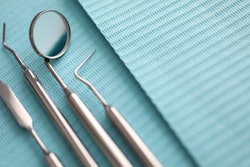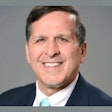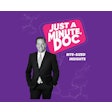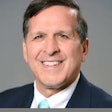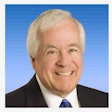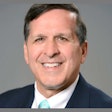In addition to refraining from using dating apps at work, dentists and doctors should not send sexual messages, images, and videos, but if they do, they shouldn’t show their faces, according to new guidance released from Health Education England (HEE).
HEE, a public group that provides leadership and coordination for the education of the health workforce in England, released “Dating App Guidance for Doctors and Dentists in Training HEENE Guidance 2023” to navigate the challenges that clinicians in training may face when using dating apps.
“The aim of this document is to provide guidance on an aspect of DDiT’s [doctors and dentists in training] personal lives that can have significant professional ramifications,” wrote the contributors, led by Alan Hilley, leadership and management fellow of Health Education England North East (HEENE).
After doctors in training performed a literature review and examined existing British Medical Association, General Medical Council, and General Dental Council guidance, draft recommendations were created and presented. Based on feedback, amendments were made, and the guidance was released.
In a nutshell, the guidance states that when dentists and doctors are identifying themselves on a dating app, they are expected to maintain the same standards they are expected to abide by in face-to-face interactions. Clinicians can avoid damaging their reputations and careers with patients and colleagues by sharing thoughtful details on dating profiles.
Additionally, almost all dating apps work with the geolocation of the smartphone user, so there is an increased risk of nearby colleagues and patients accessing personal profiles and having inappropriate communications. Clinicians should not use dating apps at work to reduce the risk of unintentional connections, according to the guidance.
Dentists and doctors also should be aware of the legal consequences of sexting and cyberflashing, or sharing sexually explicit images and videos. Clinicians should avoid engaging in these behaviors, as well sending unsolicited explicit images and videos, which is a criminal offense in England and Texas. California and Virginia have civil laws that aim to deter unsolicited cyberflashing.
The guidance includes the following tips for staying safe:
- Think carefully about personal details shared on dating app profiles and online.
- Don’t post anything on a dating profile that you wouldn’t want posted on social media.
- Don’t abuse your status as a doctor or dentist.
- Avoid sexting if possible. If you do sext, only do so with people you know and trust.
- Avoid showing your face in explicit images and videos.
- Before sexting, establish rules with the other person about sending and deleting content.
- Avoid using dating apps at work.
- Don’t mix social and professional relationships with patients.
- Delete content from trash bins and online clouds.
- Don’t breach patient confidentiality.
“A good rule of thumb is that if you wouldn’t be happy for your personal content, including images, to be in the public domain, be this via online social media platforms or other means, do not post it on your dating profile,” the contributors wrote.





